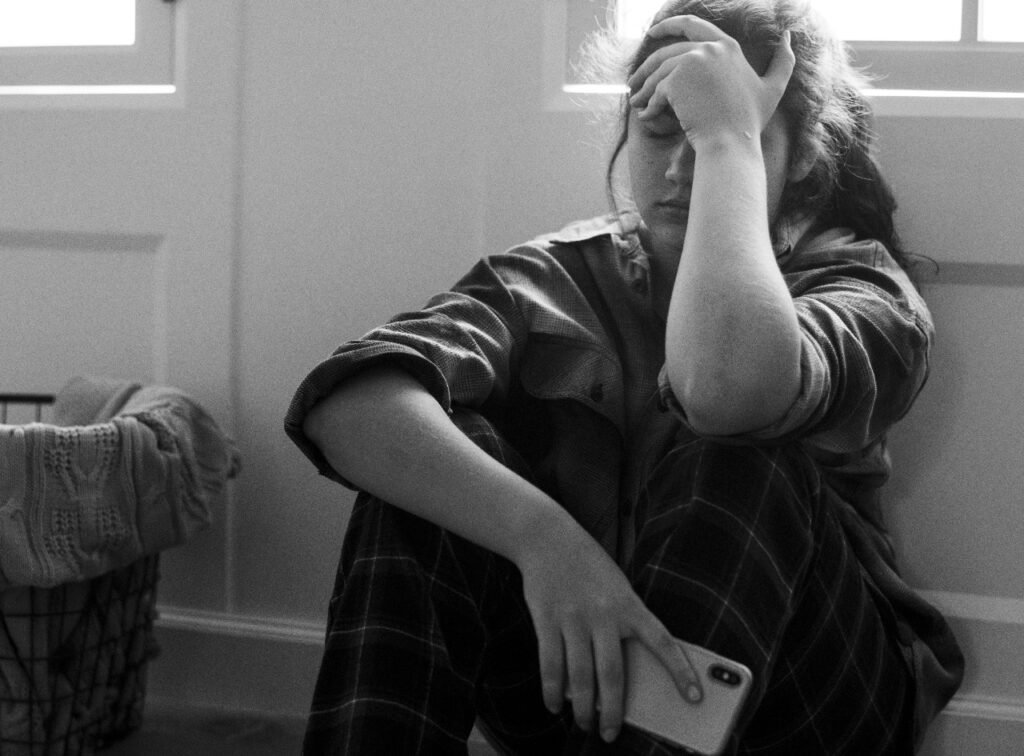
Mental Health Matters More Than Ever
In today’s fast-paced world, it’s easy to overlook mental health — especially when struggling with emotions like sadness or fear. Many people silently endure depression and anxiety, believing they’re just tired or “not themselves.” But mental health conditions are real, serious, and treatable.
Depression and anxiety are among the most common mental health disorders worldwide, affecting millions of people of all ages. The good news is: you’re not alone, and there is always a path to healing.
Understanding the Difference Between Depression and Anxiety
While depression and anxiety often go hand in hand, they are distinct conditions that impact your mind and body in different ways.
What Is Depression?
Depression is more than just feeling sad or down. It’s a persistent mental state that interferes with daily life. People with depression may feel emotionally numb, drained, or disconnected from everything around them — even things they used to enjoy.
Common symptoms of depression:
- Persistent sadness or low mood
- Loss of interest in activities once enjoyed
- Fatigue or low energy levels
- Changes in appetite or weight
- Difficulty concentrating or making decisions
- Feelings of worthlessness or hopelessness
- Thoughts of self-harm or suicide (seek immediate help if this occurs)
What Is Anxiety?
Anxiety is characterized by constant worry, nervousness, or fear, even when there’s no clear threat or danger. While occasional anxiety is normal — like feeling anxious before a test — chronic anxiety disrupts daily life and peace of mind.
Common symptoms of anxiety:
- Restlessness or feeling “on edge”
- Racing thoughts and excessive worry
- Difficulty sleeping or frequent waking
- Rapid heartbeat or shortness of breath
- Difficulty concentrating or focusing
- Tension in muscles or frequent headaches
When to Seek Help
If you or someone you know is experiencing these symptoms most days for more than two weeks, it’s important to seek professional help. These conditions are not signs of weakness. They are medical issues — and just like physical illness, they require care and support.
Healthy Ways to Cope and Heal
While everyone’s mental health journey is different, there are proven ways to manage symptoms, reduce distress, and improve overall well-being. Healing takes time and support, but recovery is always possible.
1. Talk to a Professional
Therapy, especially Cognitive Behavioral Therapy (CBT), has shown remarkable results in helping people manage both depression and anxiety. Therapists help you identify negative thought patterns and develop healthier coping mechanisms.
2. Medication (When Recommended)
For some, therapy alone is not enough. Medications like antidepressants or anti-anxiety prescriptions can help stabilize mood and reduce symptoms. Always consult a qualified doctor or psychiatrist — never self-medicate.
3. Build a Daily Routine
Mental health thrives on structure. A consistent routine — including regular sleep, meals, work, and relaxation — helps your mind feel more stable and in control. Start small: wake up at the same time daily, take short walks, or journal before bed.
4. Stay Connected
Isolation can worsen both depression and anxiety. Make an effort to stay in touch with family, friends, or support groups. Sometimes just talking about what you’re going through can bring relief and clarity.
5. Practice Self-Compassion
Be kind to yourself. You’re doing the best you can — and that’s enough. Healing is not linear; some days will be harder than others. Give yourself permission to rest, feel, and grow.
Hope Is Real
If you’re reading this and struggling, know that things can and do get better. You are not defined by your mental health challenges. There are people who care, treatments that work, and a future that holds light — even if you can’t see it right now.
